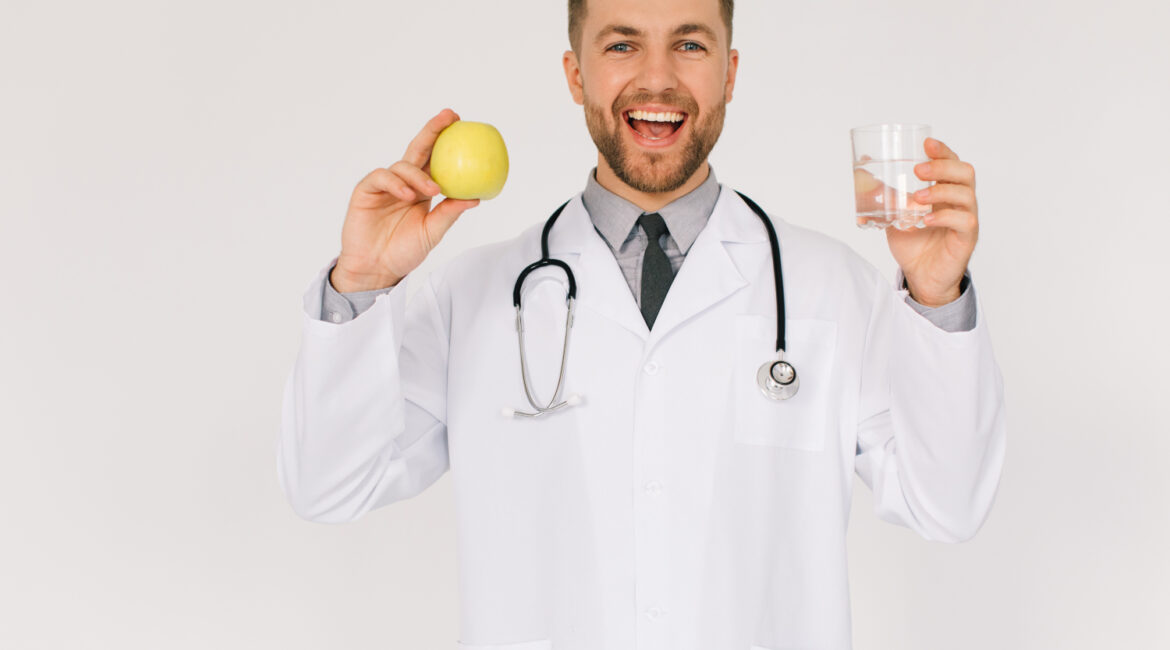Detoxification, commonly referred to as detox, is often the first step in an addiction treatment plan, particularly for substances like alcohol, opioids, and benzodiazepines. Detox is the process by which the body eliminates drugs or alcohol when someone stops using them. This phase is crucial because it addresses the physical dependence on substances and prepares the body for the next stages of treatment.
What is Withdrawal?
Withdrawal from drugs or alcohol can be a painful and stressful process. Regular substance abuse alters the brain’s chemistry, affecting neurons and hormones. When the addictive substances are no longer present, the body’s chemical balance is disrupted, leading to withdrawal symptoms.
Withdrawal symptoms occur because the brain’s receptors, altered by substance abuse, stop functioning correctly without the drug. These neurochemical reactions cause various physical symptoms, including:
- Hyperactivity
- Altered brain receptors
- Elevated hormone levels
- Changes in glutamate receptors
- Rapid or unstable blood pressure
- Profuse sweating
- Tremors
- Severe nausea
- Physical pain
People who attempt to detox alone often return to substance use to alleviate the discomfort. Detoxing in a facility with experienced medical staff can help relieve this discomfort by administering medications and providing supportive care.
The Importance of Detox in Treatment
Detox alone is not treatment; it is just the first step. Without subsequent therapy, individuals often resume drug use because detox does not address the psychological, social, and behavioral aspects of addiction. Detox should be followed by a formal assessment and referral to a comprehensive addiction treatment program, which can be residential inpatient, intensive outpatient, or supportive outpatient. Maintenance medications may also be prescribed to alleviate long-term withdrawal symptoms, reduce cravings, and block the effects of substances.
What is Medically Assisted Drug and Alcohol Detox?
Withdrawal can be unpleasant and, in some cases, dangerous or even deadly, especially with substances like alcohol or benzodiazepines. Medically assisted detox is the safest course of action for these substances. In medically assisted detox, medical personnel supervise patients around the clock and may administer medications to ease withdrawal symptoms and control cravings. Some medications mimic the effects of the substance to prevent withdrawal and are administered in gradually decreasing doses.
What is Detox Like for Alcohol vs. Drug Addiction?
Alcohol Detox
Alcohol detox focuses primarily on addressing alcohol addiction and its unique challenges. This includes the physical and psychological effects of alcohol abuse. Treatment may involve:
- Medically supervised detoxification
- Counseling and therapy
- Support groups like Alcoholics Anonymous (AA)
- Medications to manage cravings and prevent relapse (e.g., naltrexone, acamprosate)
- Addressing social and environmental factors contributing to alcohol abuse
- Specialized services like family therapy to address the impact on loved ones
Drug Detox
Drug detox addresses a broader range of substance addictions, including opioids, stimulants, prescription medications, and illicit drugs. Treatment approaches vary based on the specific substance, and may include:
- Unique detox protocols and medications tailored to the substance of abuse
- Understanding the individual’s drug use patterns, triggers, and co-occurring mental health disorders
- Therapies such as cognitive-behavioral therapy (CBT), motivational interviewing, and contingency management
While both alcohol and drug detox aim to help individuals achieve sobriety and improve their quality of life, the specific treatment approaches and interventions vary to address the unique aspects of each addiction.
What Happens During Detox?
Detox is not a one-size-fits-all program. It begins with a conversation between you and experts to understand what to expect. The process typically involves three steps:
- Evaluation: Testing for substances present in the body and assessing for co-existing physical and mental health issues.
- Stabilization: Detoxification under medical supervision, with prescribed medications to keep you comfortable and safe. Introduction to the next steps in the recovery process.
- Guidance into Treatment: Preparing you for addiction treatment, addressing the physical dependency and setting the stage for psychological rehabilitation.
Do You Need Detox?
Whether you need detox before beginning therapy depends on factors like the length and intensity of your addiction, the substances you use, and your most recent usage. A personalized assessment from an addiction specialist is the best way to determine if detox is necessary.
Seeking Help
If you or a loved one is considering rehab, understanding the importance of detox is crucial. Detox addresses the physical aspects of addiction, providing a foundation for comprehensive treatment. Seeking help from a medical detox facility ensures safety and comfort during withdrawal, paving the way for successful long-term recovery.

